The convection of liquid metal in this layer of Earth’s interior creates the magnetic field that shields Earth from deadly solar radiation.
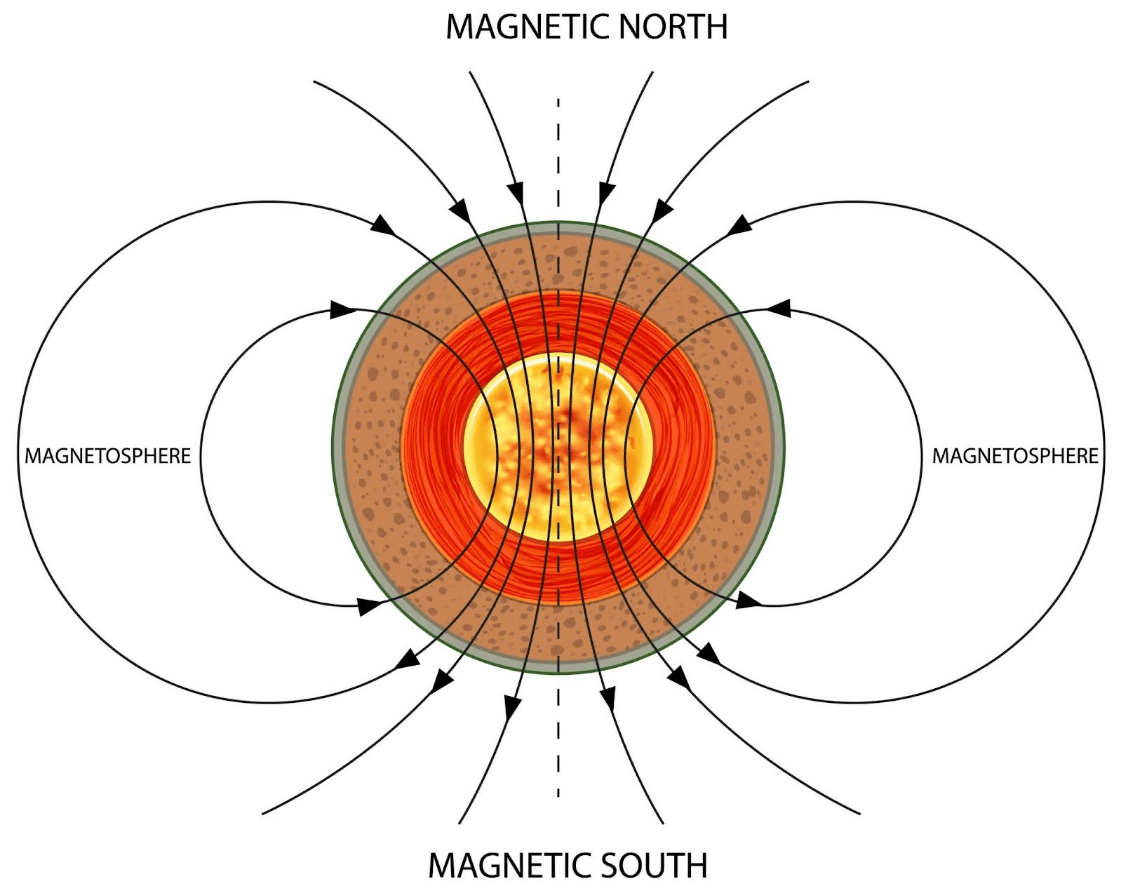
The convection of liquid metal in THE OUTER CORE creates the magnetic field that shields Earth from deadly solar radiation.
This crust-destroying process, known for creating mountains and volcanoes, occurs at the edge of tectonic plates opposite from mid-ocean ridges.
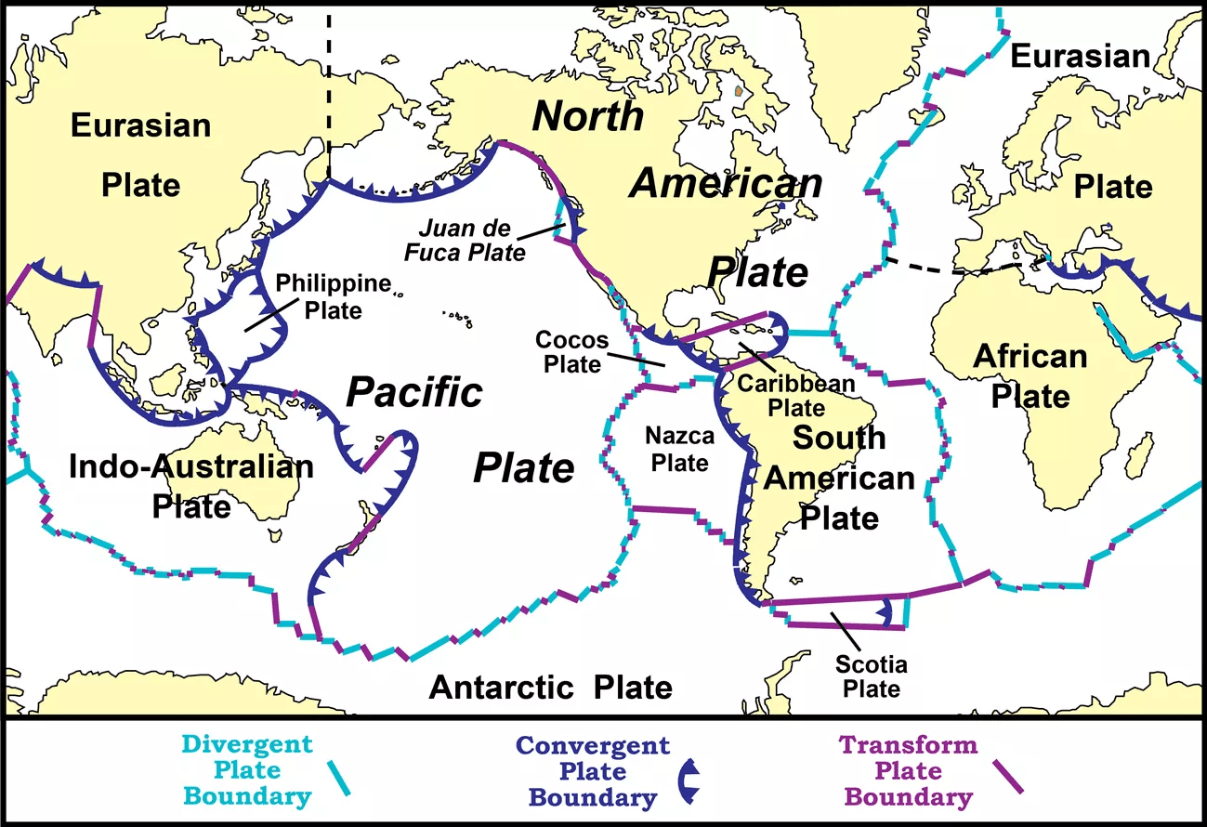
SUBDUCTION, known for creating mountains and volcanoes, occurs at the edge of tectonic plates opposite from mid-ocean ridges.

These three continents contain remains of massive mountains created when Pangea first formed.
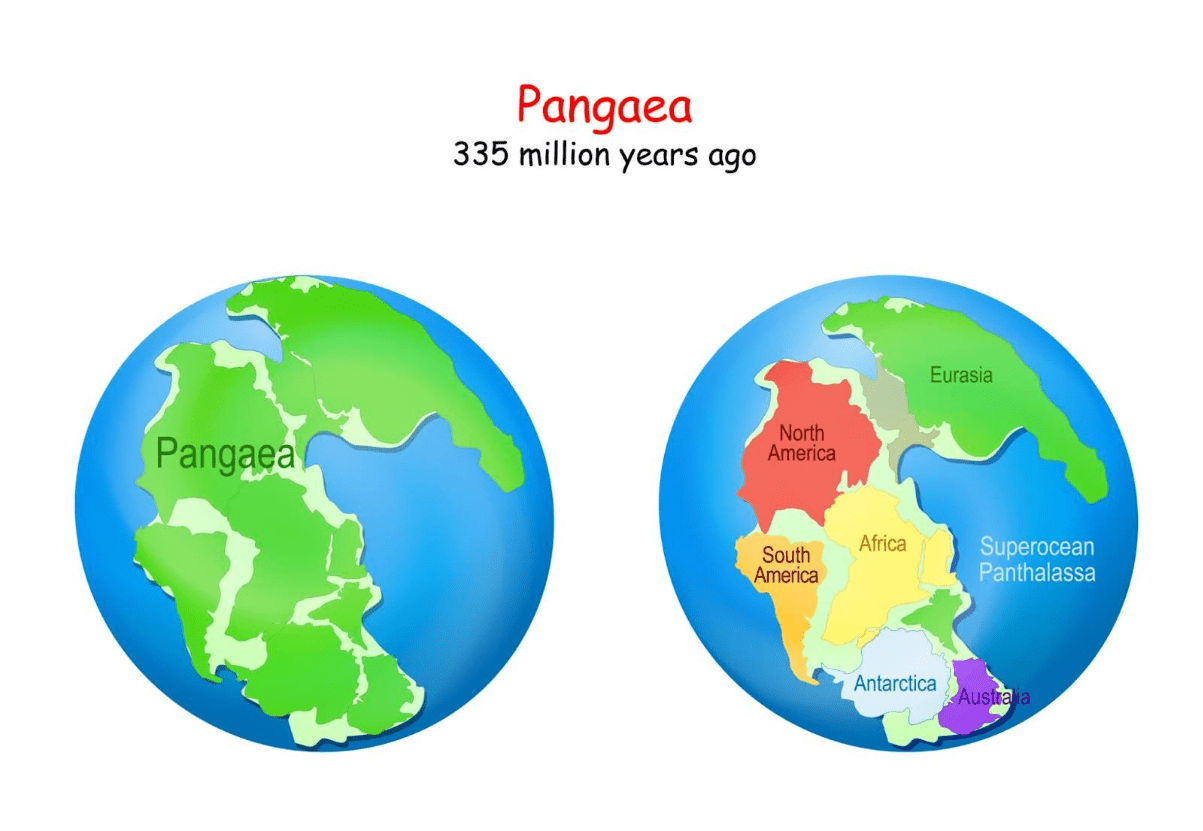
NORTH AMERICA, AFRICA, AND EURASIA contain remains of massive mountains created when Pangea first formed.

This process turned gypsum crystals like those seen here into the material that forms White Sands.
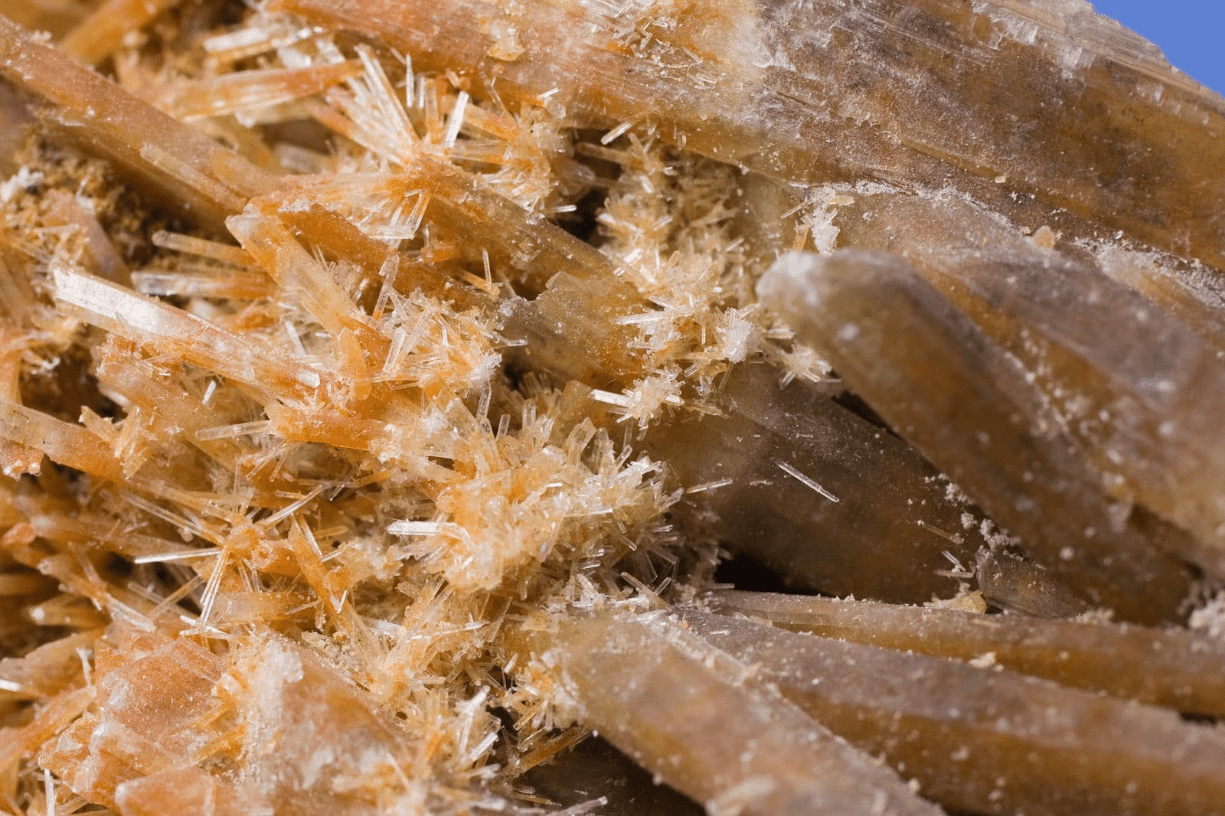
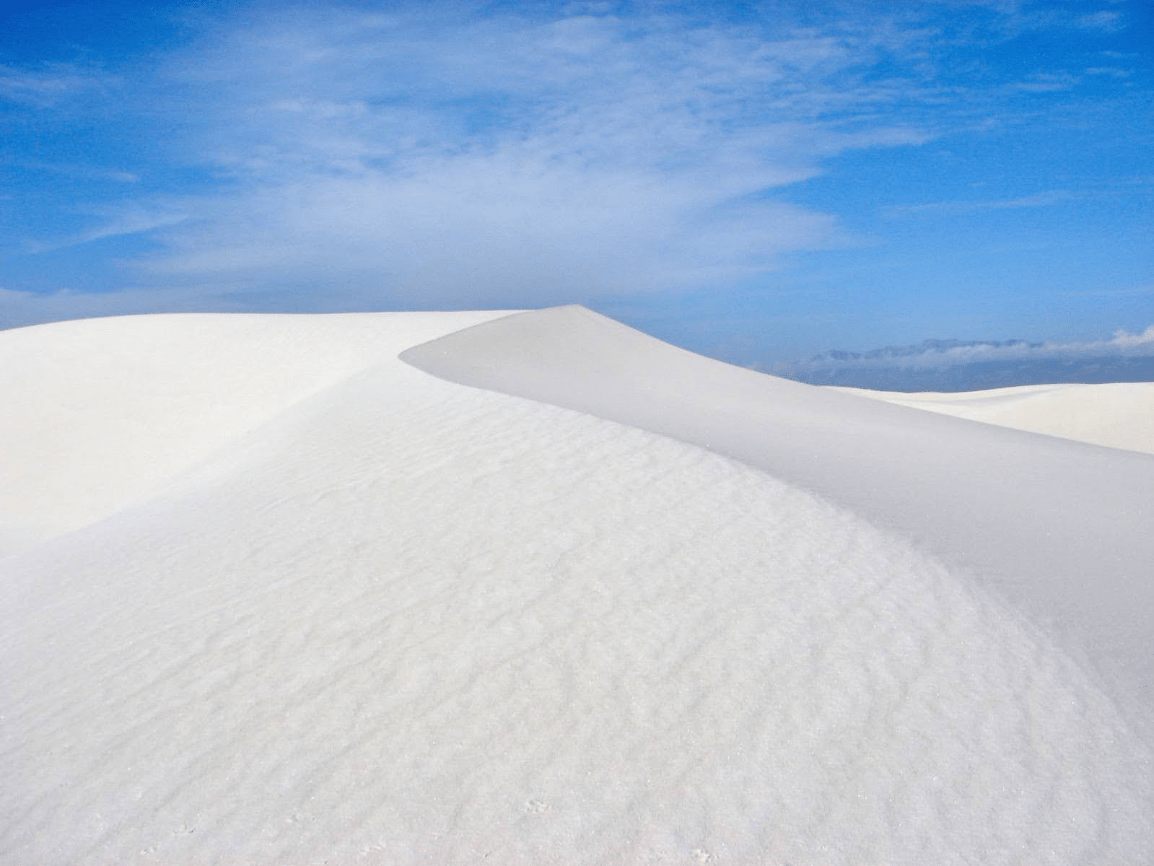
WEATHERING turned gypsum crystals like those seen here into the material that forms White Sands.


Convection currents in this physical layer of Earth’s interior cause the motion of the tectonic plates above.
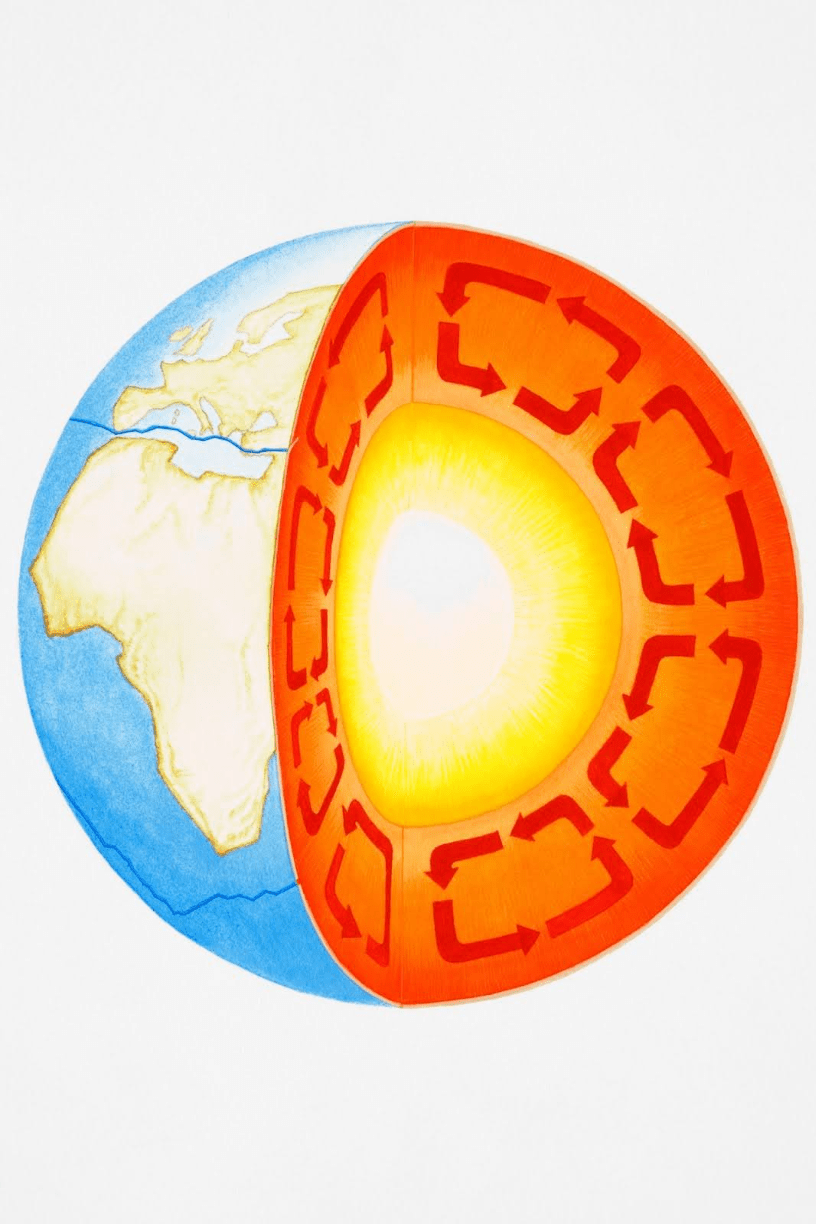
Convection currents in THE ASTHENOSPHERE cause the motion of the tectonic plates above.
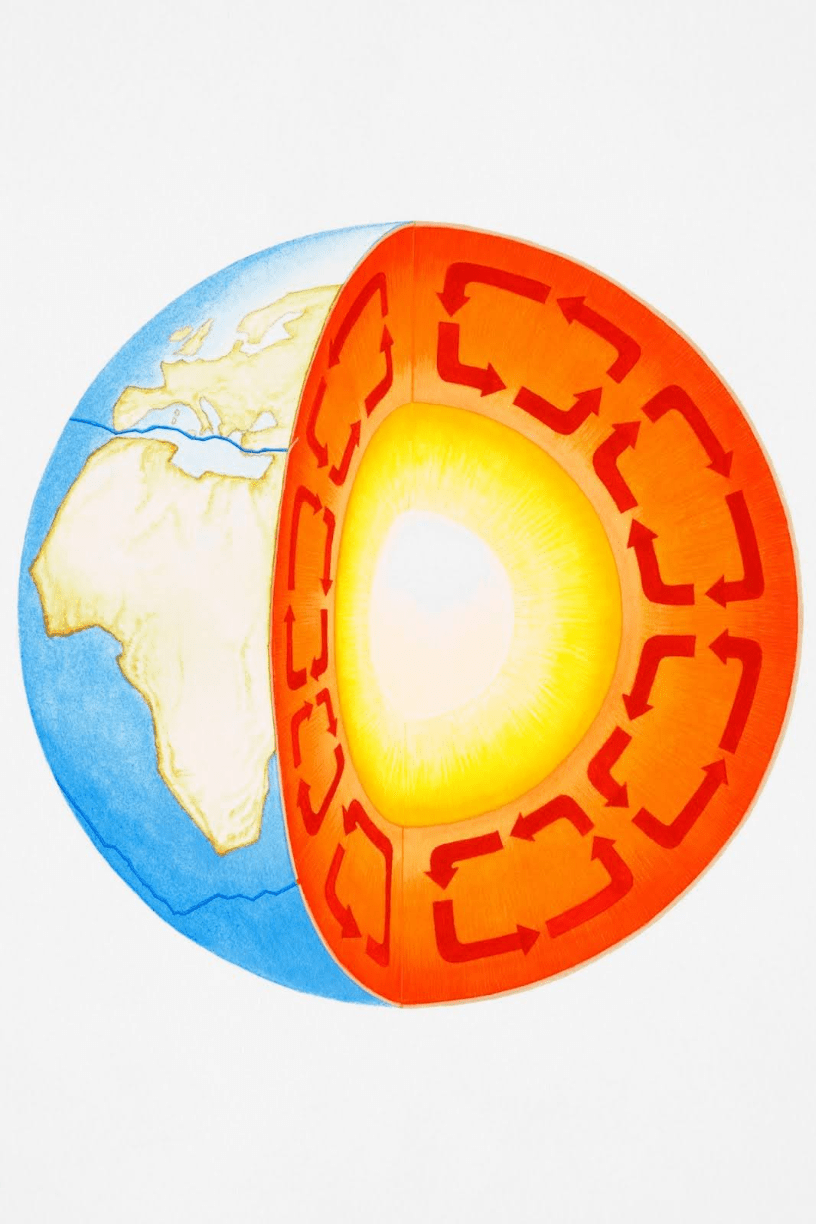
This term describes the gap that forms between two diverging tectonic plates.
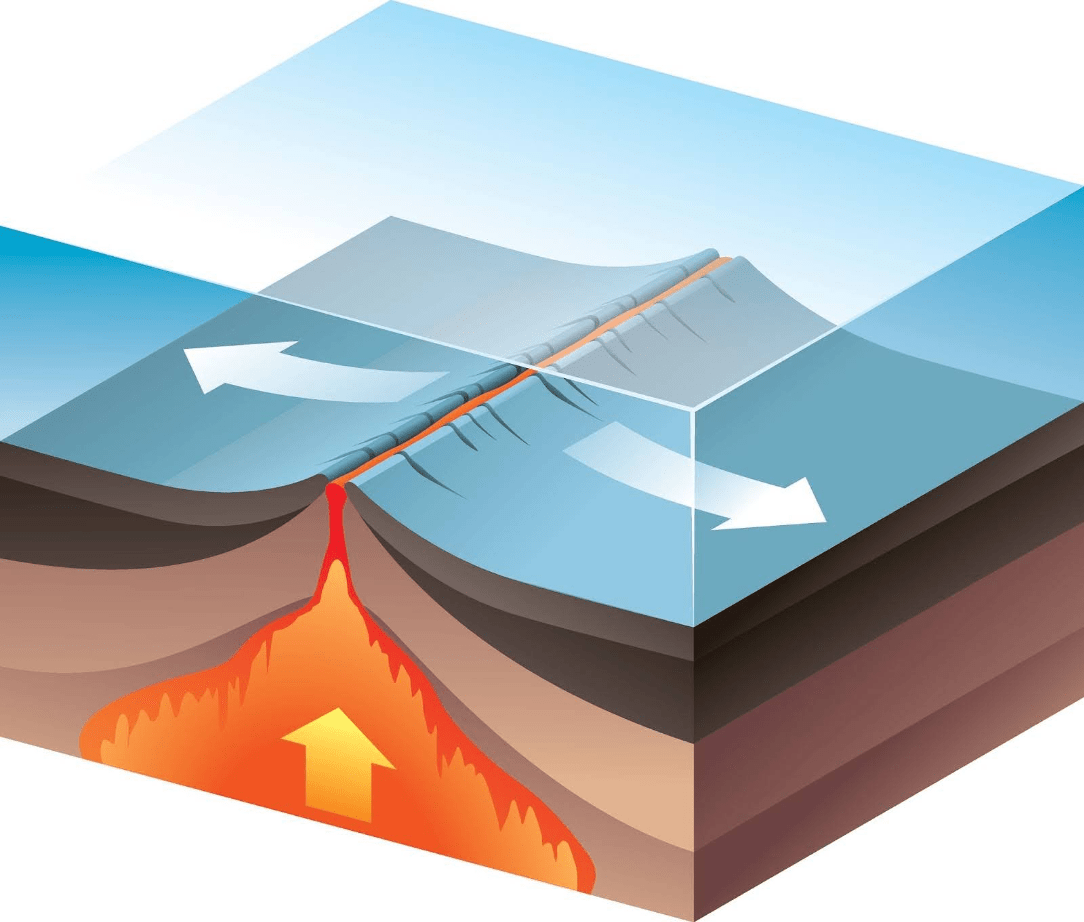
"RIFT" describes the gap that forms between two diverging tectonic plates.

Fossils of this life form have been found on all southern landmasses.
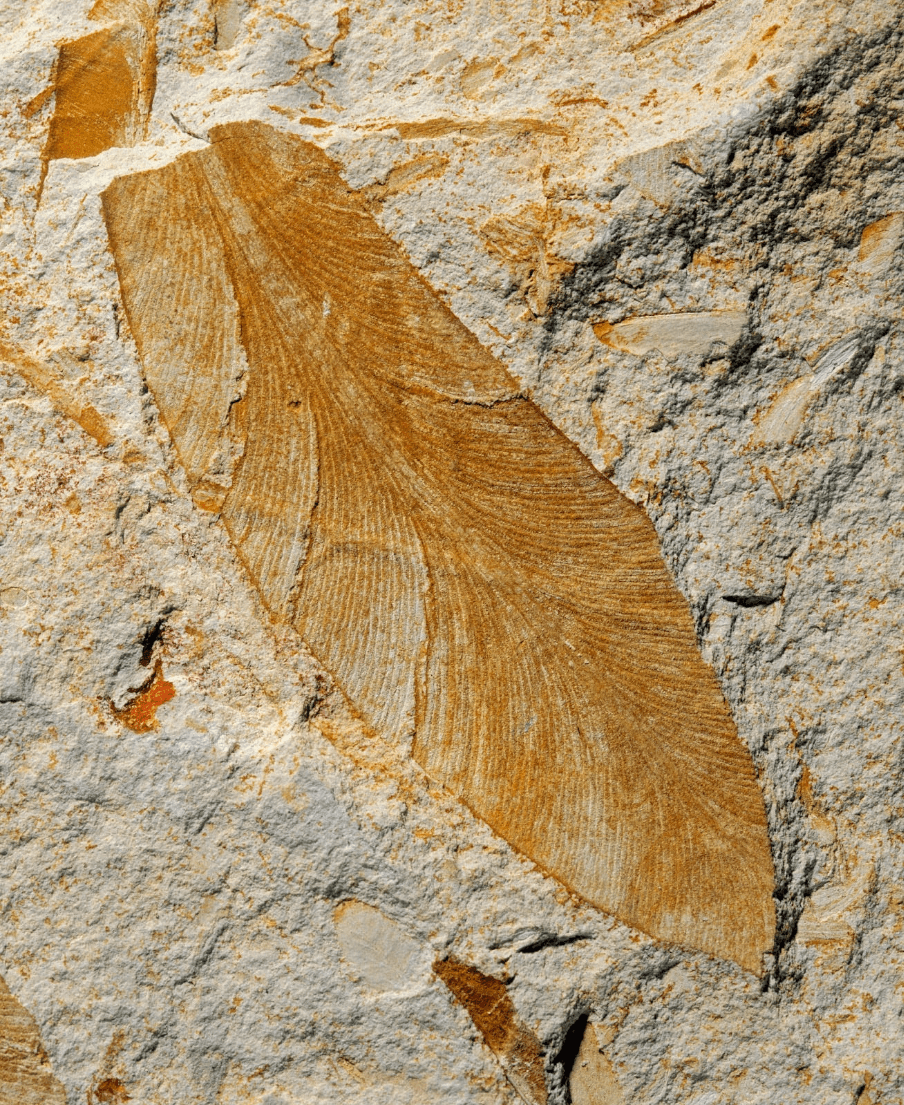
Fossils of GLOSSOPTERIS have been found on all southern landmasses.

Lava flows like the one seen here are responsible for landscapes of this type of rock seen in New Mexico.
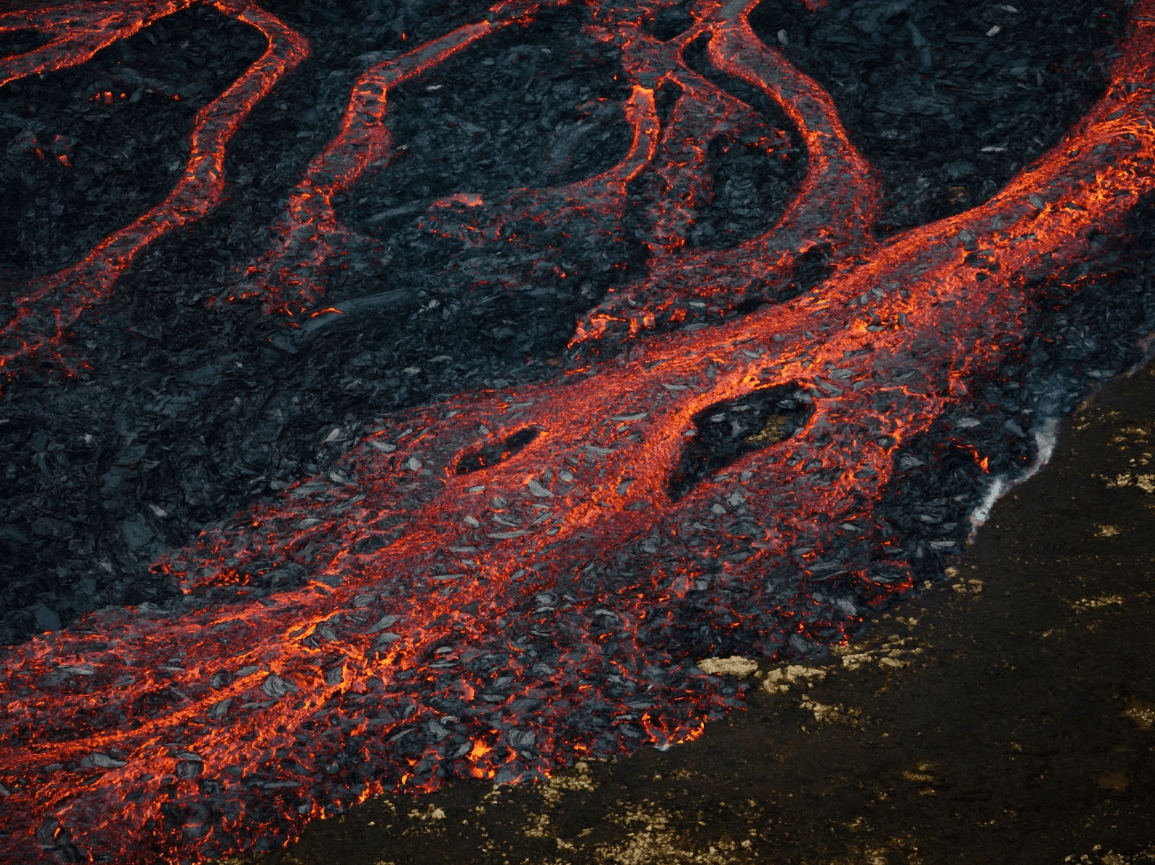
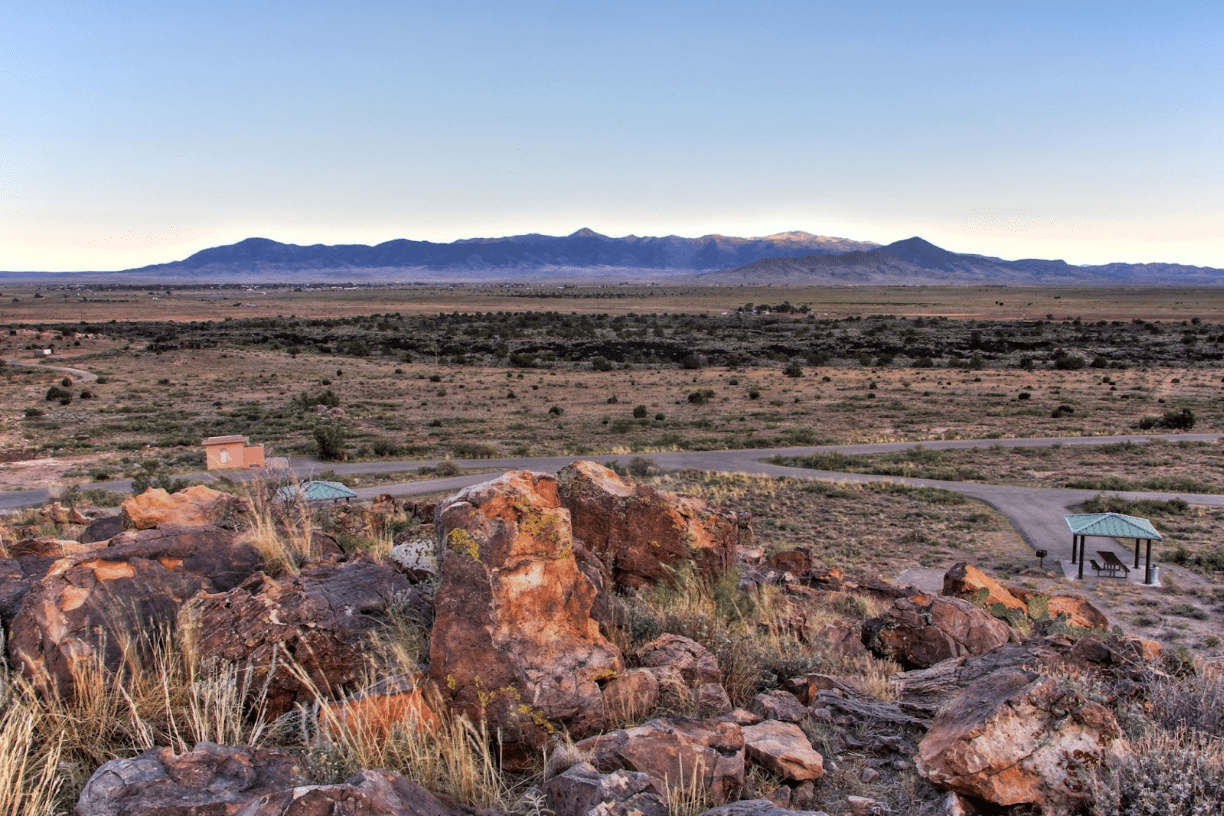
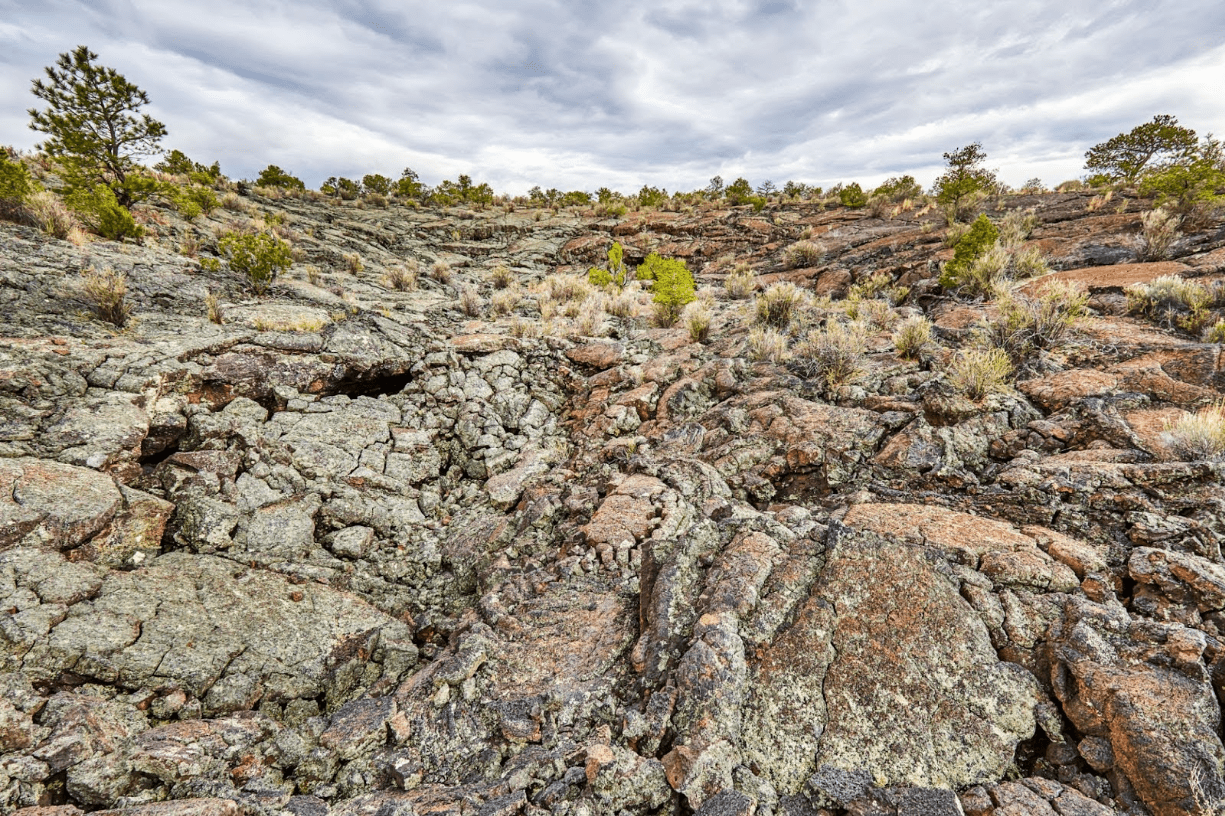
Lava flows like the one seen here are responsible for landscapes of IGNEOUS ROCK seen in New Mexico.



This physical layer of the Earth is divided into tectonic plates and where most earthquakes on Earth originate.
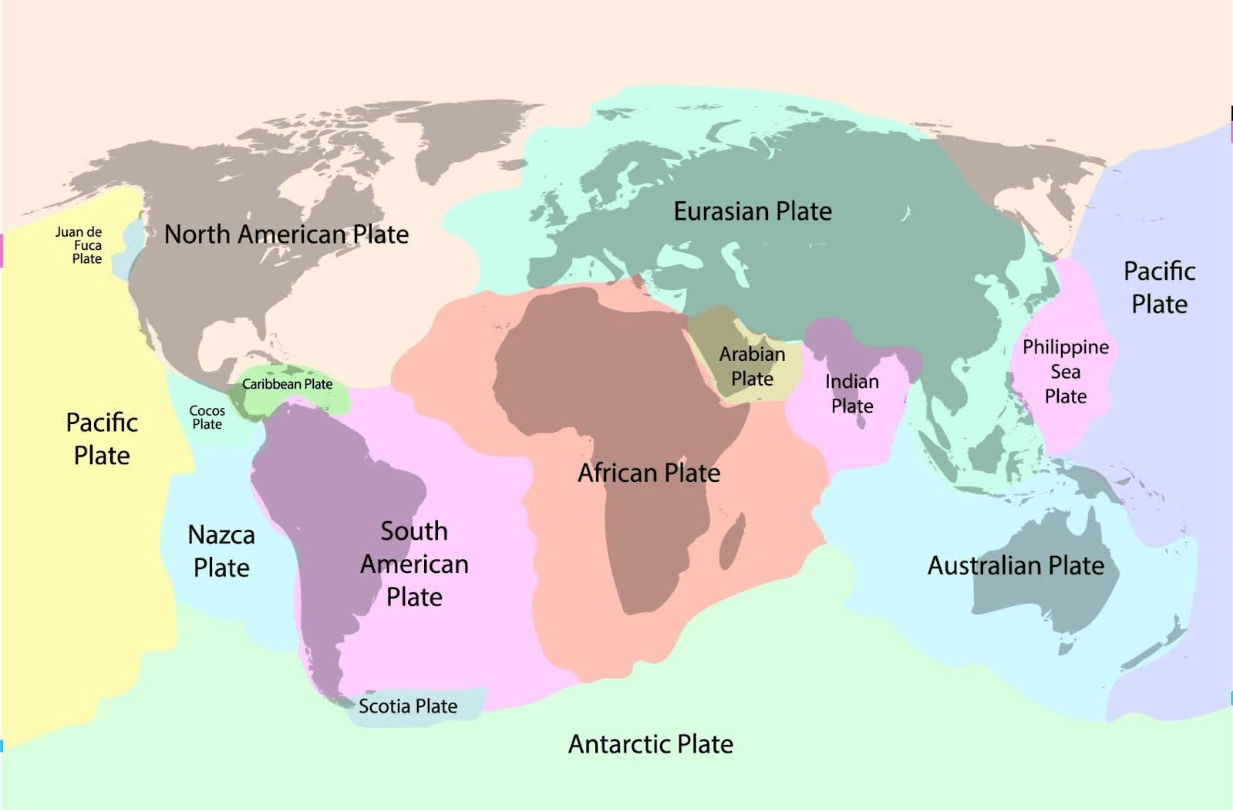
THE LITHOSPHERE is divided into tectonic plates and where most earthquakes on Earth originate.

Most of Earth’s active volcanoes are found at these two types of plate boundaries.
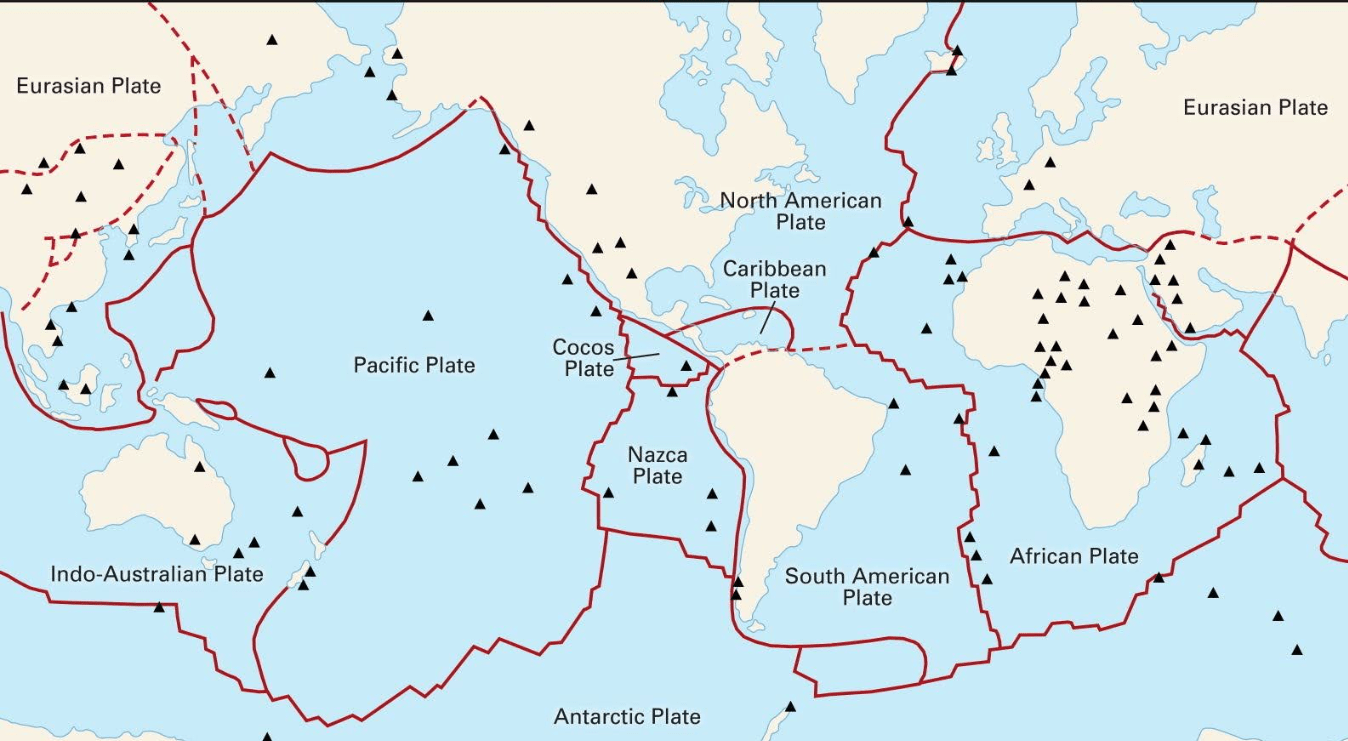
Most of Earth’s active volcanoes are found at CONVERGENT AND DIVERGENT plate boundaries.

This technology was used to create the first maps of the ocean floor.
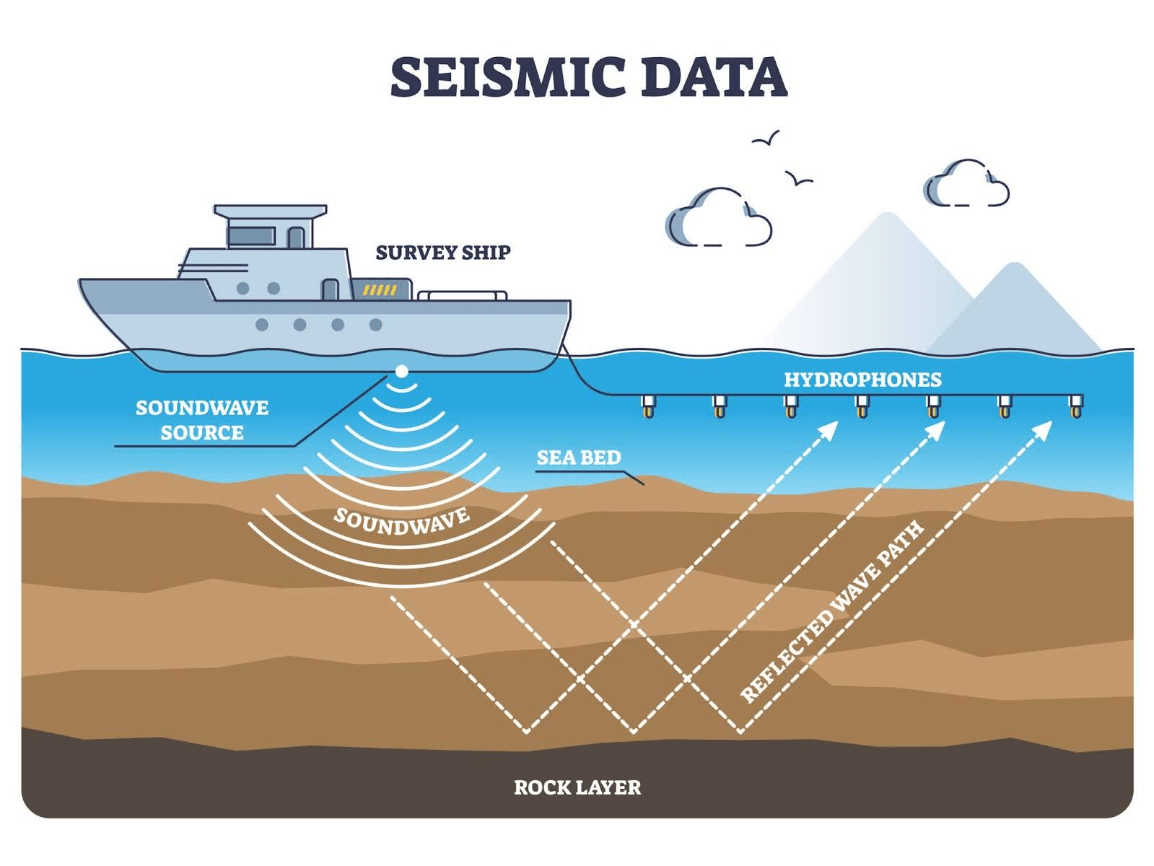
SONAR was used to create the first maps of the ocean floor.

Any rock will become metamorphic rock like these seen below if it undergoes these processes.
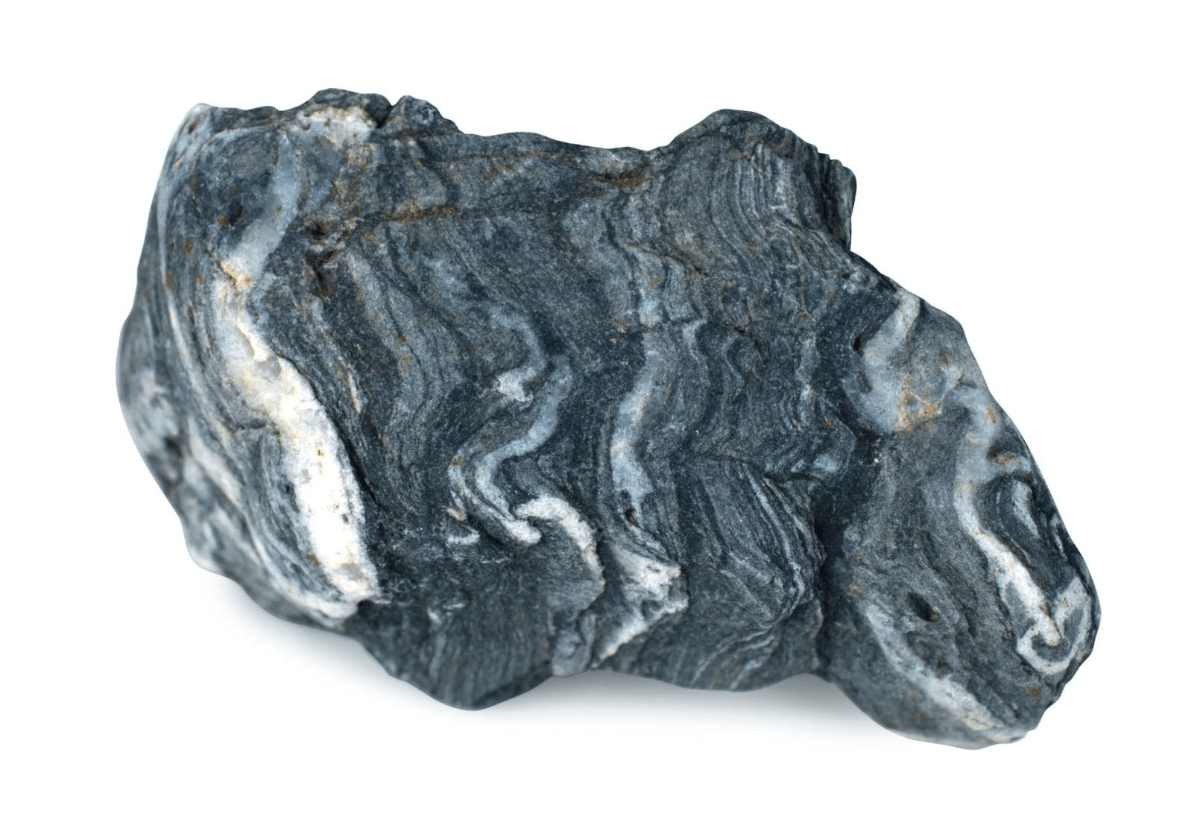
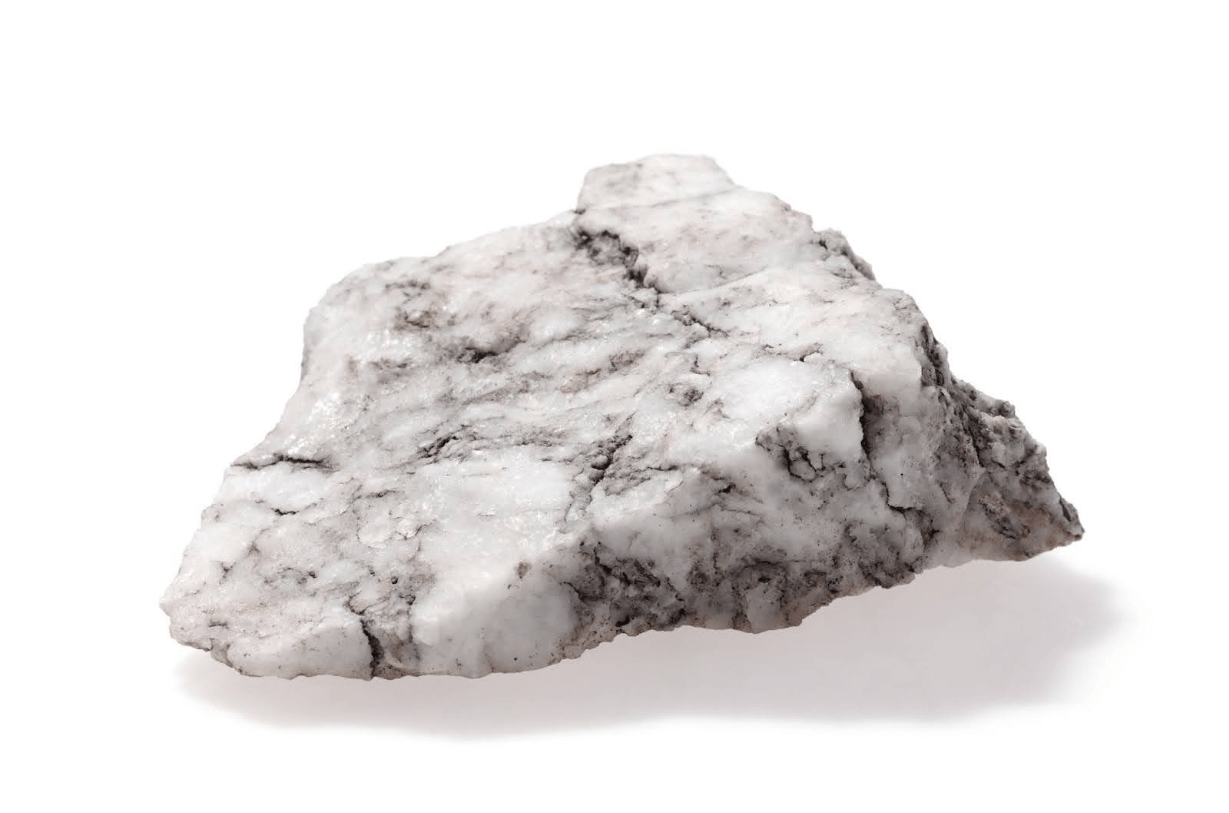
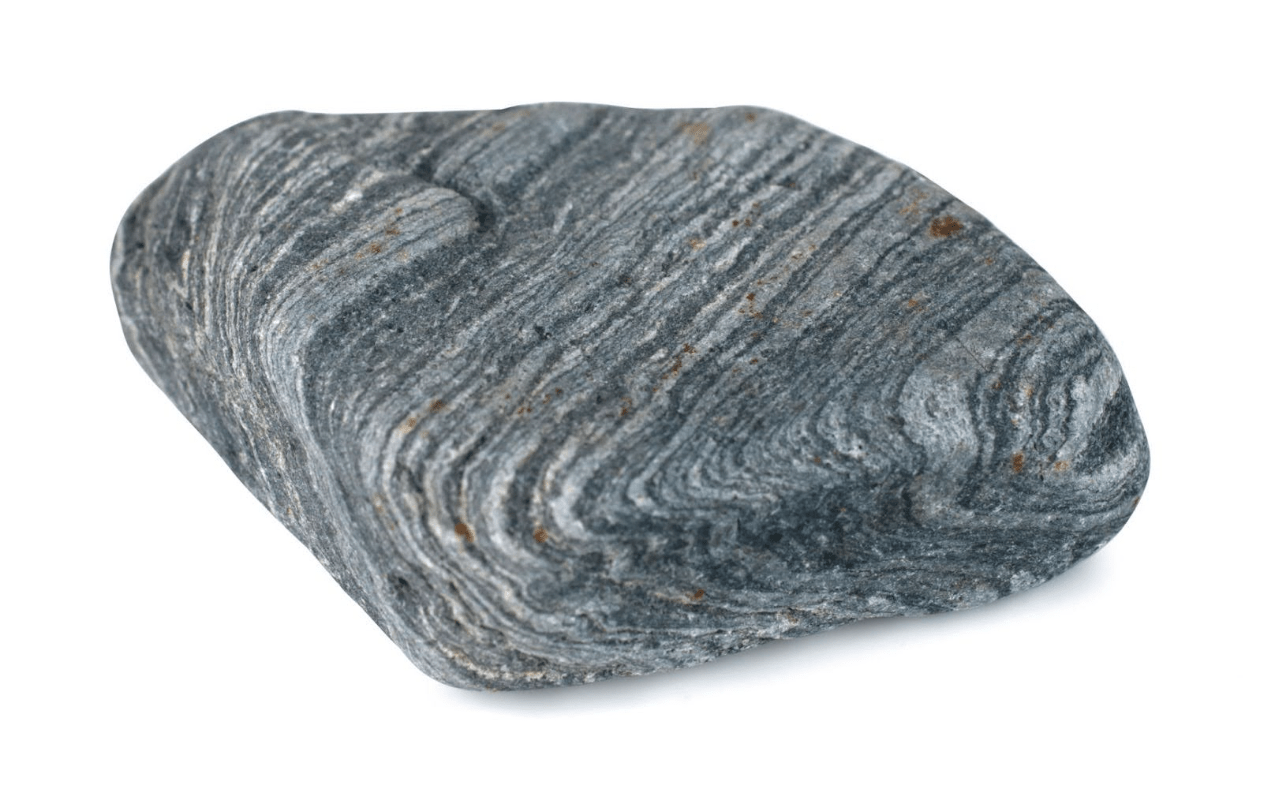
Any rock will become metamorphic rock like these seen below if it undergoes HEAT AND PRESSURE.



When this type of crust sinks into the mantle, volcanoes are created and deep, powerful earthquakes are triggered.
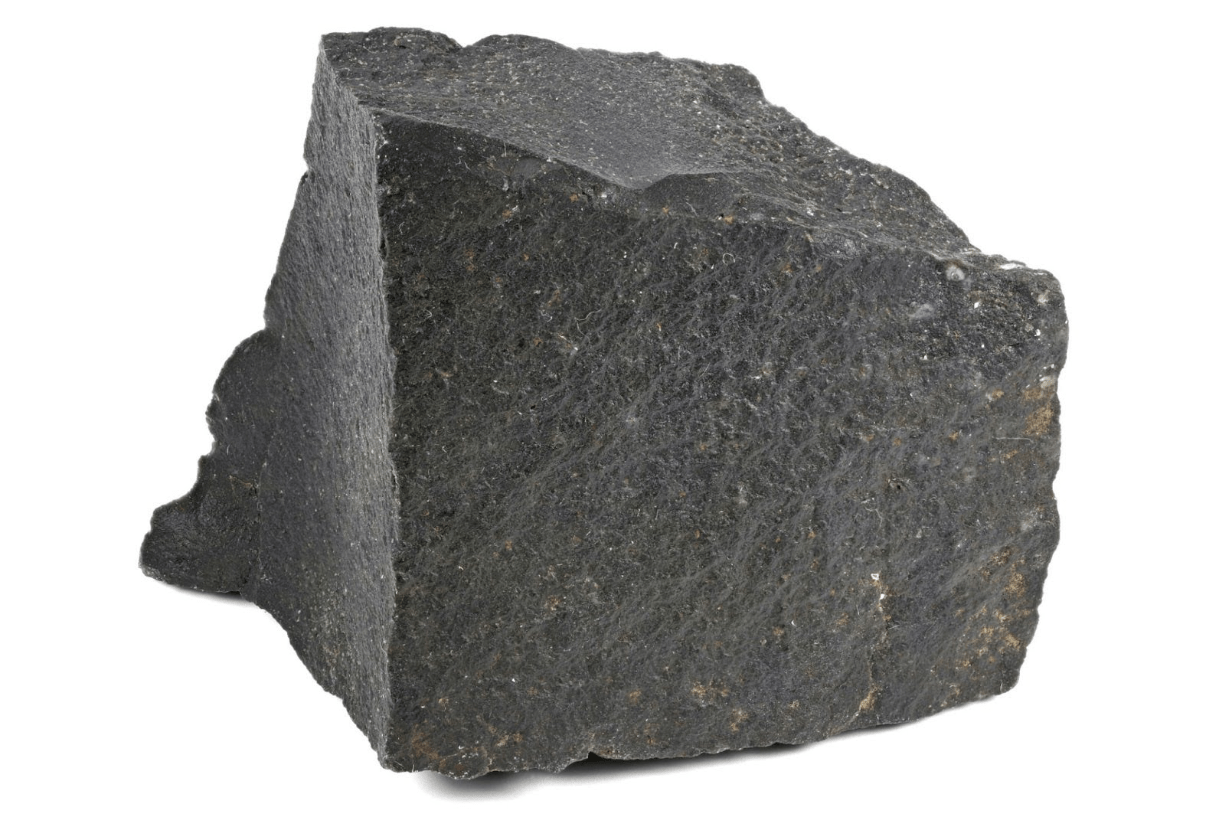
When OCEANIC CRUST sinks into the mantle, volcanoes are created and deep, powerful earthquakes are triggered.

This specific type of plate boundary is known for mountains but not volcanoes.
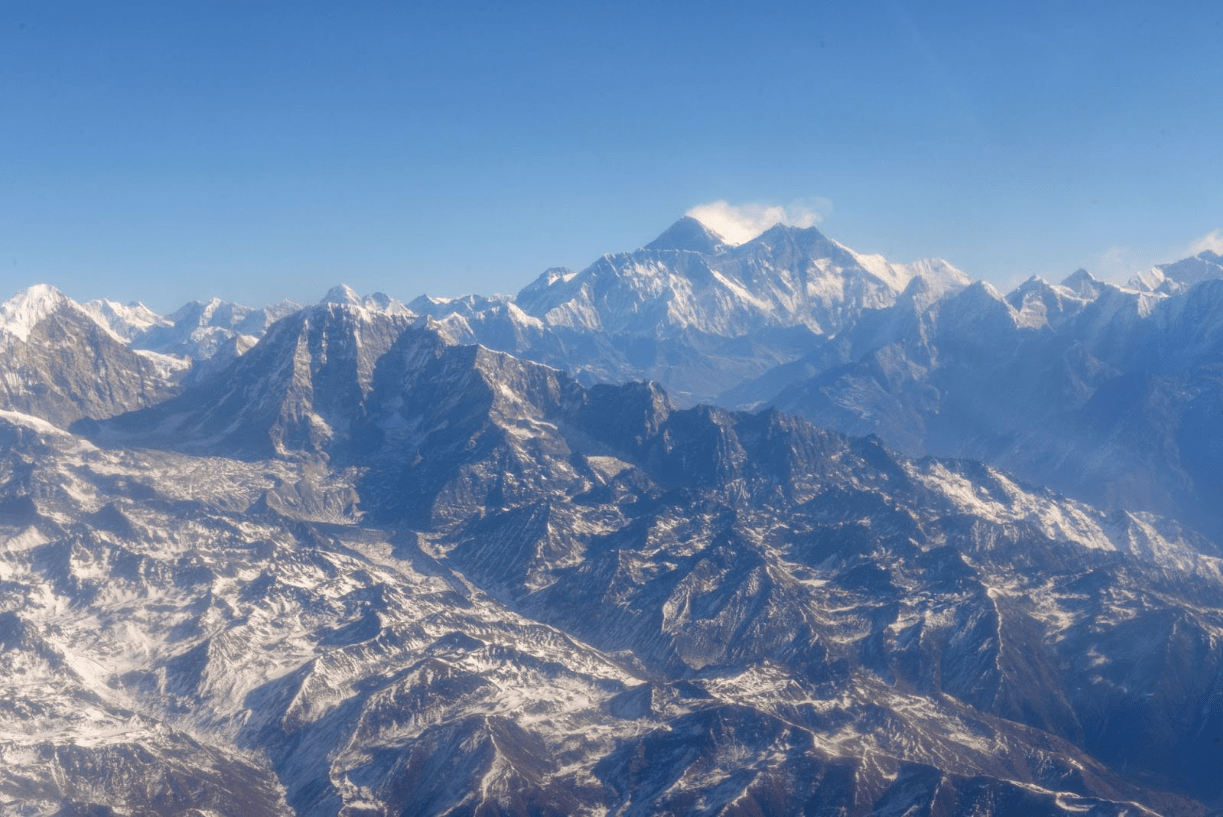
A CONTINENTAL-CONTINENTAL CONVERGENT plate boundary is known for mountains but not volcanoes.

The discovery of progressively older crust surrounding the Mid-Atlantic Ridge directly supported this theory.
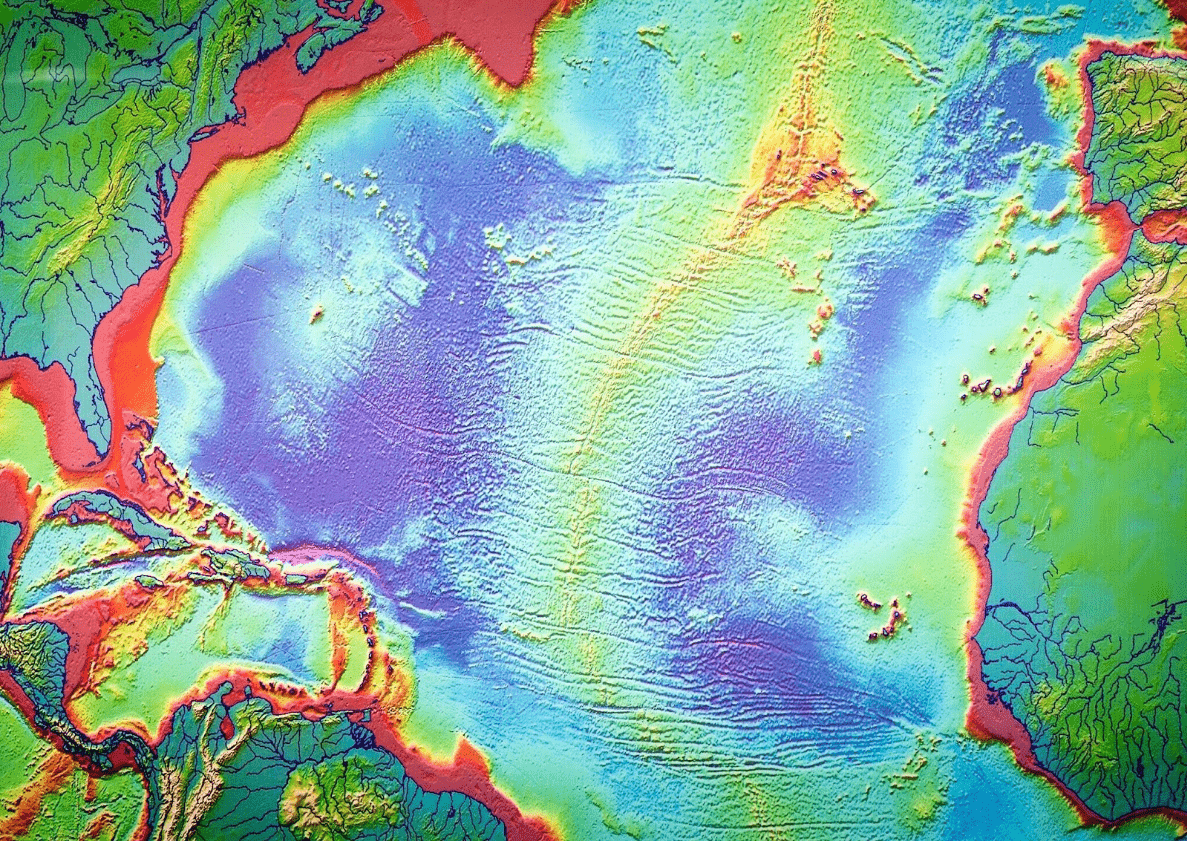
The discovery of progressively older crust surrounding the Mid-Atlantic Ridge directly supported SEAFLOOR SPREADING.

Coal, the compacted remains of prehistoric plants used for energy, is this type of rock.
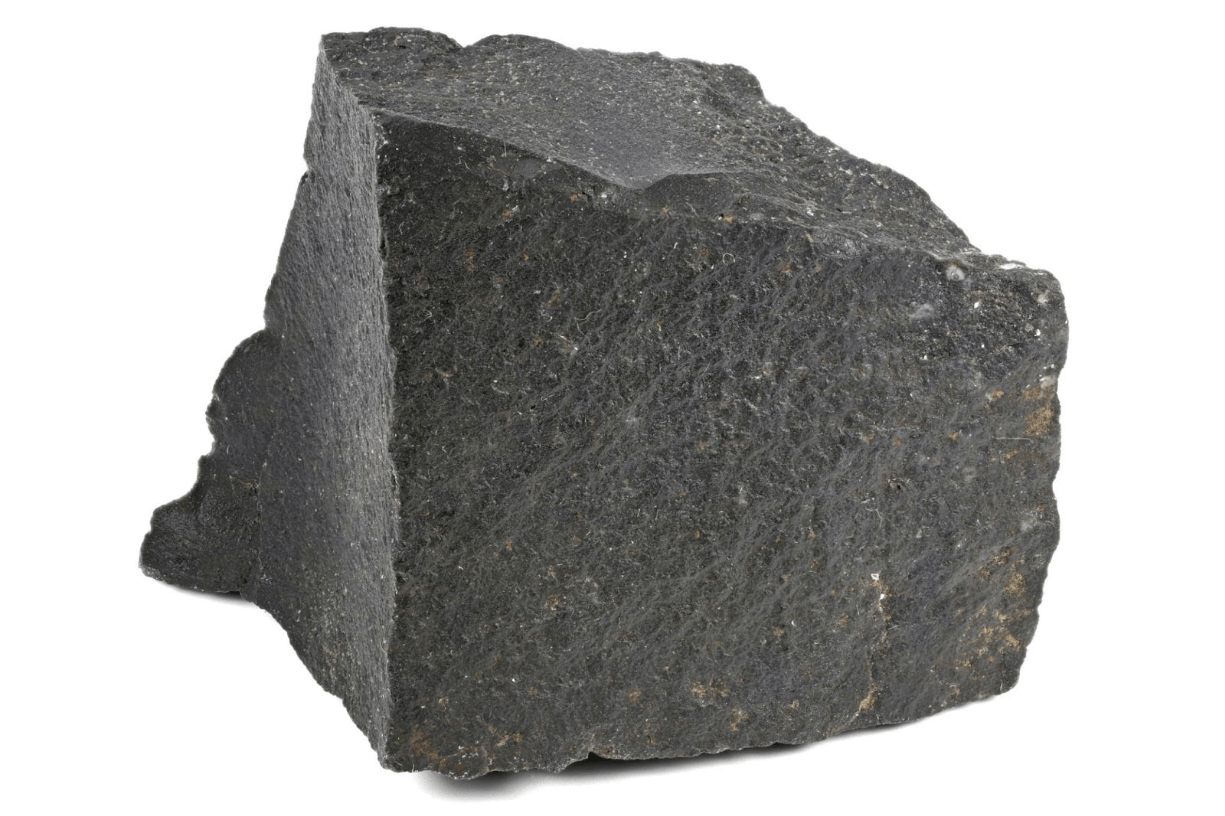
Coal, the compacted remains of prehistoric plants used for energy, is SEDIMENTARY ROCK.

This physical layer of the Earth provides the heat which makes the continents and ocean floor move slowly around the globe.
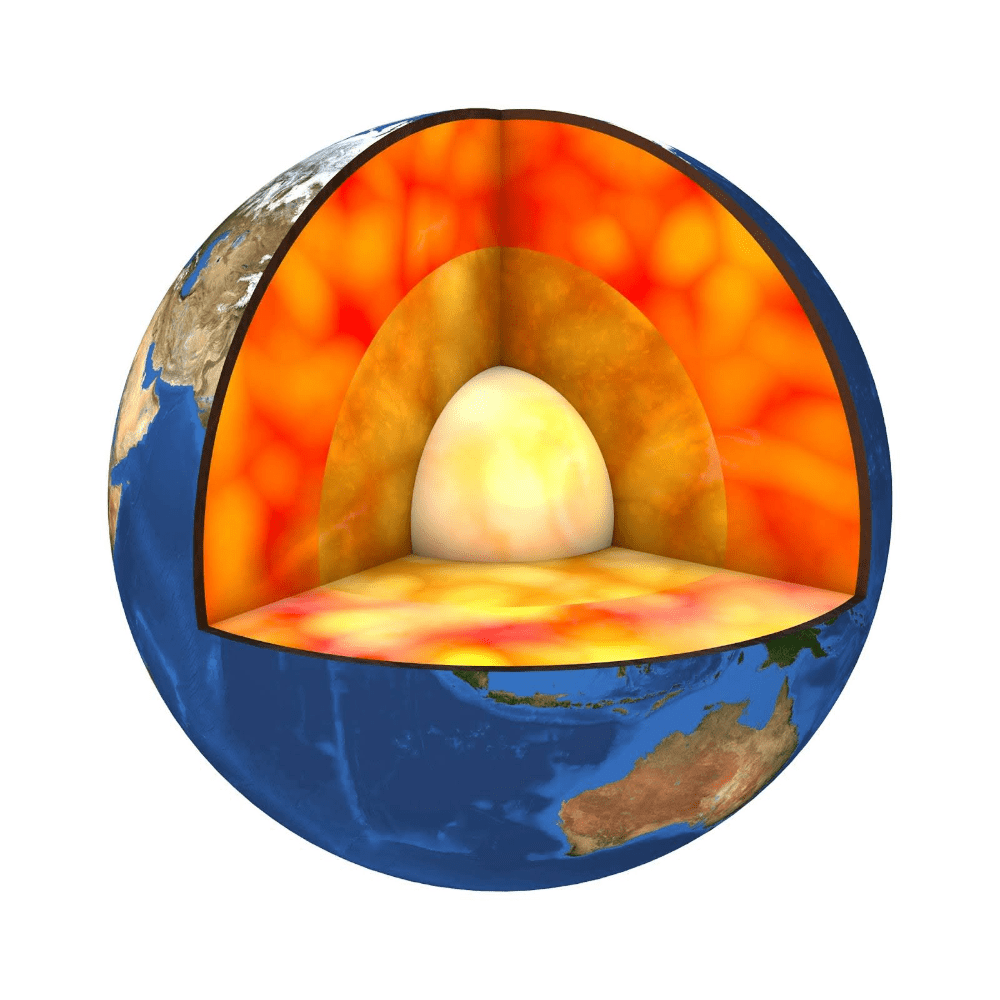
THE INNER CORE provides the heat which makes the continents and ocean floor move slowly around the globe.

This specific type of plate boundary is associated with growing ocean basins.
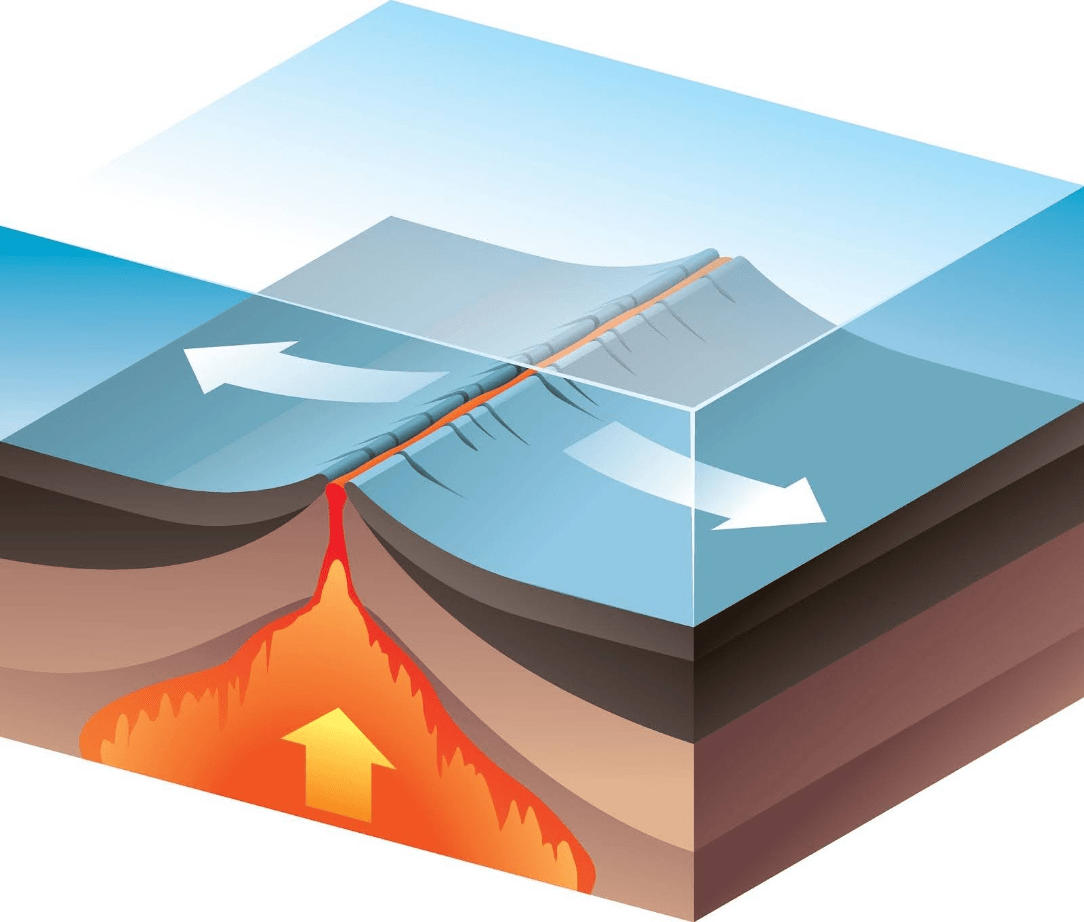
An OCEANIC-OCEANIC DIVERGENT plate boundary is associated with growing ocean basins.
The discovery of seafloor spreading revived the theory of continental drift, and the two were combined into this modern theory.
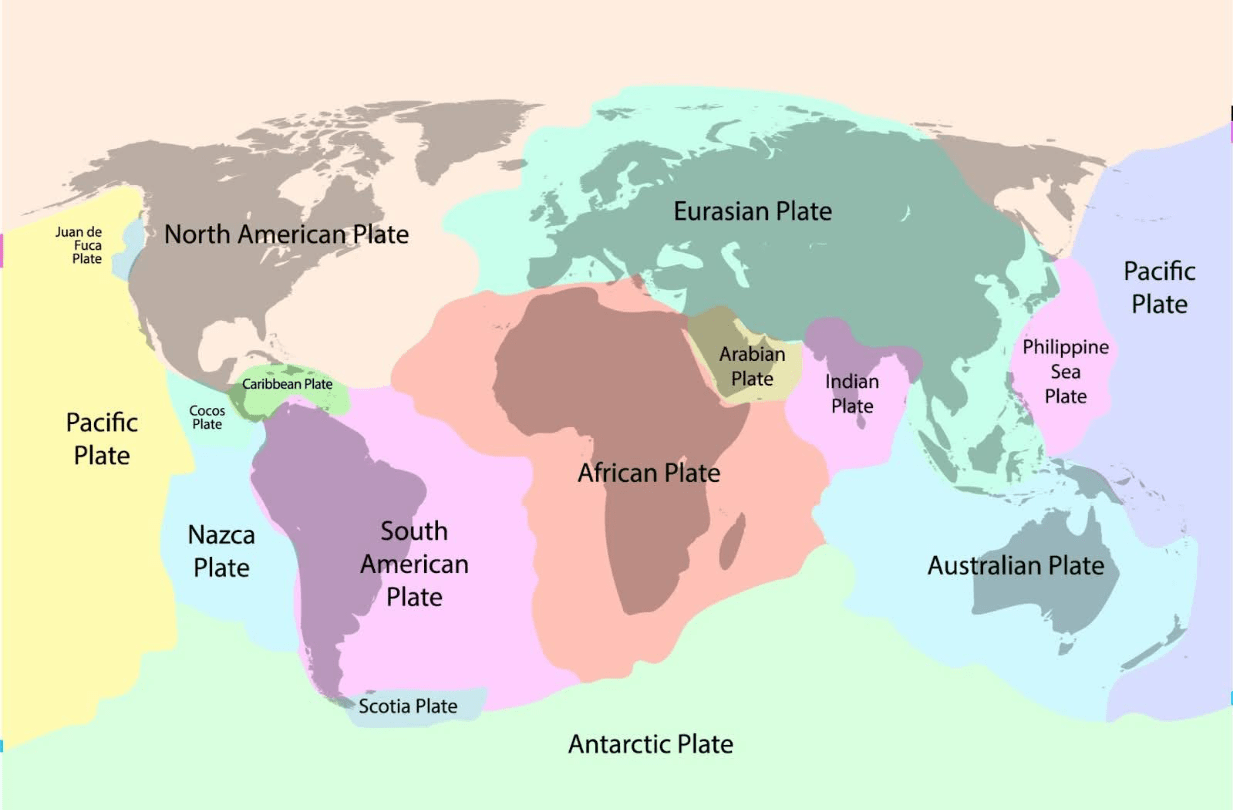
The discovery of seafloor spreading revived the theory of continental drift, and the two were combined into PLATE TECTONICS.

These processes produce rocks known for their horizontal layers as seen below.
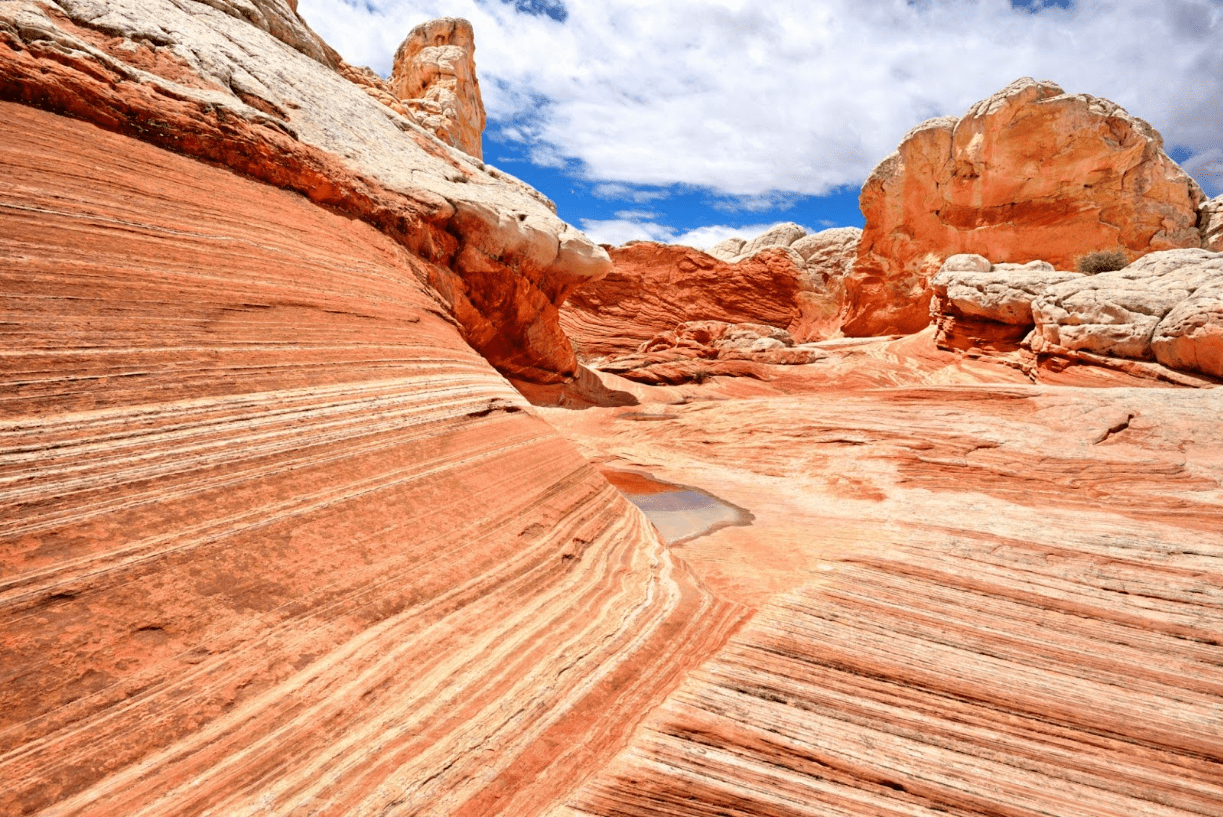
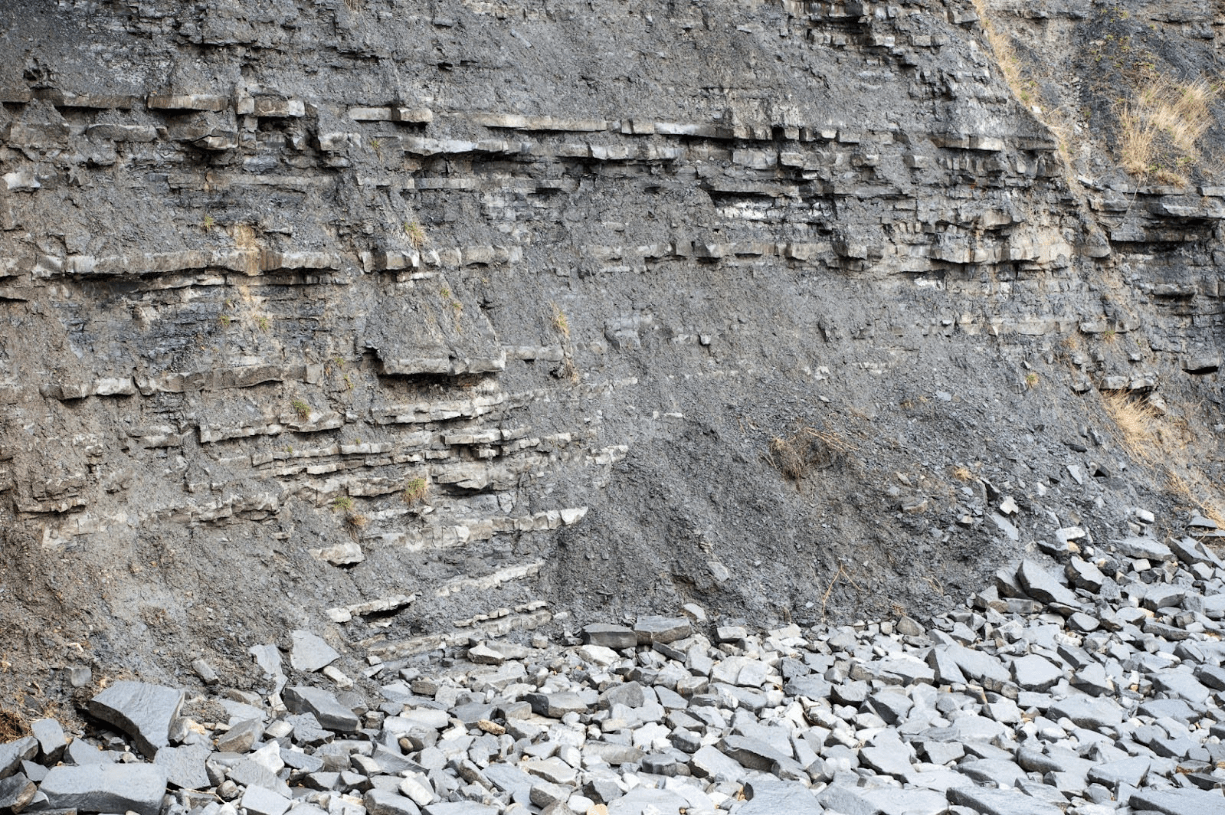
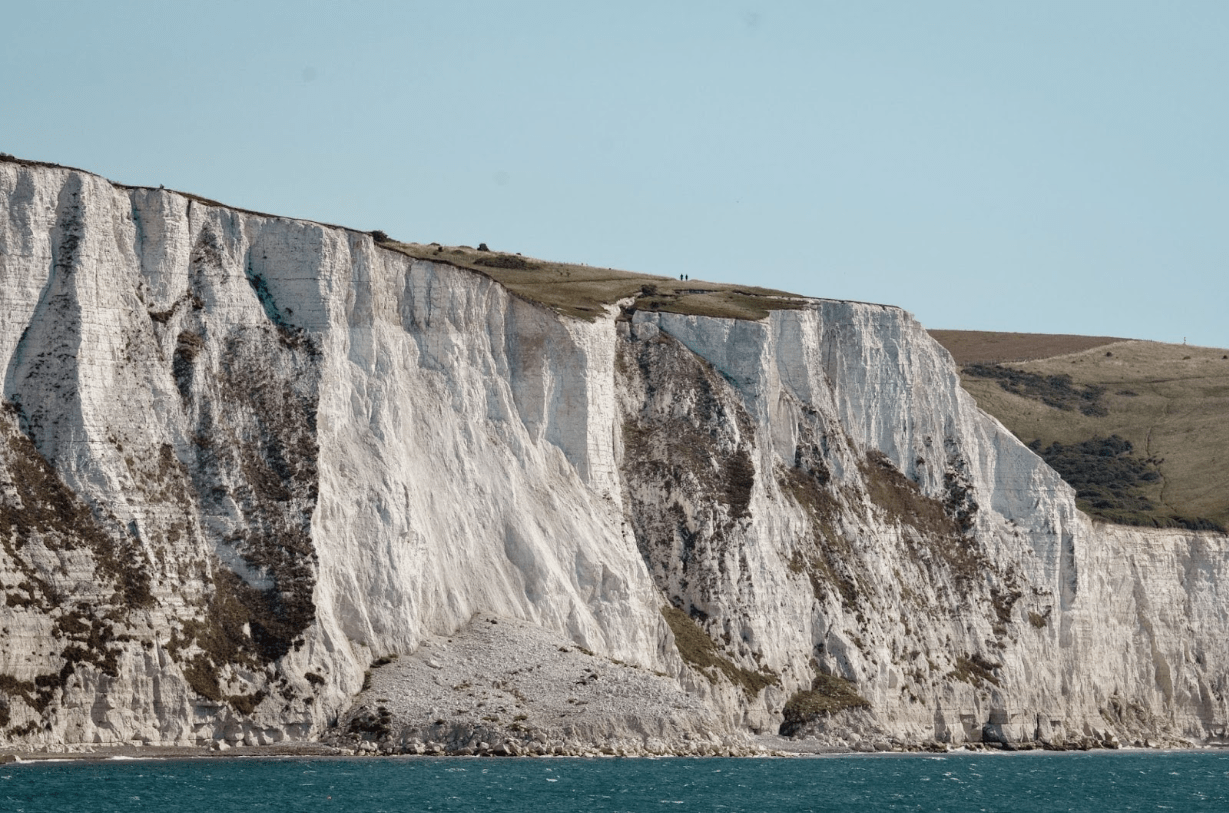
COMPACTION AND CEMENTATION produce rocks known for their horizontal layers as seen below.


